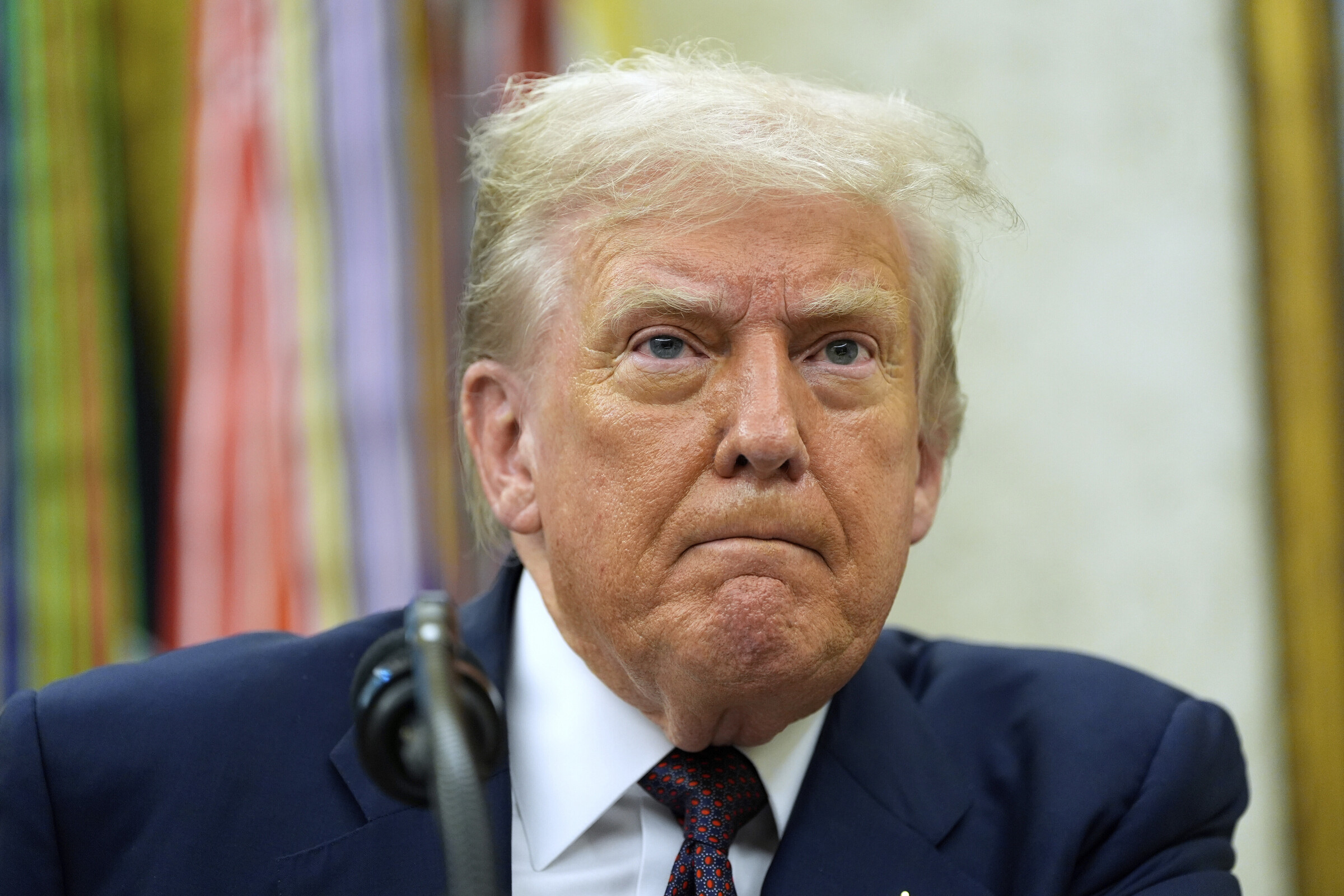The court argued that when passing the International Emergency Economic Powers Act (IEEPA), Congress seemingly "did not intend to give the President limitless power to impose tariffs." They stated, "the act makes no mention of import tariffs (or any synonymous term) and provides no clear mechanism for limiting the President's tariff authority."
"The act grants the President the authority to take certain actions to address national emergencies, but this does not include the power to impose tariffs," the ruling stated.
However, the court allowed the tariffs to remain in effect until 14/10 to give the Trump administration the opportunity to appeal to the Supreme Court. The Office of the United States Trade Representative (USTR), the Department of the Treasury, and the Department of Commerce have not yet responded to the ruling.
 |
President Donald Trump at the White House on 6/8. Photo: AP |
President Donald Trump at the White House on 6/8. Photo: AP
Import tariffs were a cornerstone of Trump's second-term foreign policy. He used them to exert political pressure and renegotiate trade agreements with countries exporting goods to the US. This policy gave the Trump administration leverage to force economic concessions from partners but also caused significant volatility in financial markets.
To date, the US has imposed import tariffs on most of its trading partners, ranging from 10% to 50%. They have also imposed separate tariffs on various industries, such as aluminum, steel, automobiles, and auto parts.
In late May, the Court of International Trade (CIT) in Manhattan blocked most of the import tariffs Trump imposed on trading partners. They ruled he exceeded his authority under IEEPA by imposing the tariffs. The blocked tariffs included retaliatory tariffs and those imposed on Mexico, Canada, and China related to immigration and fentanyl. The US government appealed immediately following this ruling.
A day later, the federal appeals court in Washington, D.C. temporarily stayed the lower court's ruling to consider the US government's appeal. The hearing took place earlier this month. The case will likely be further appealed to the Supreme Court.
Ha Thu (Reuters)












